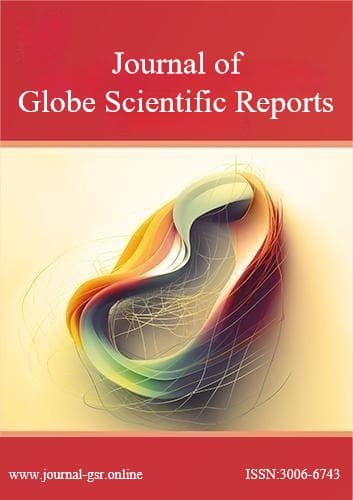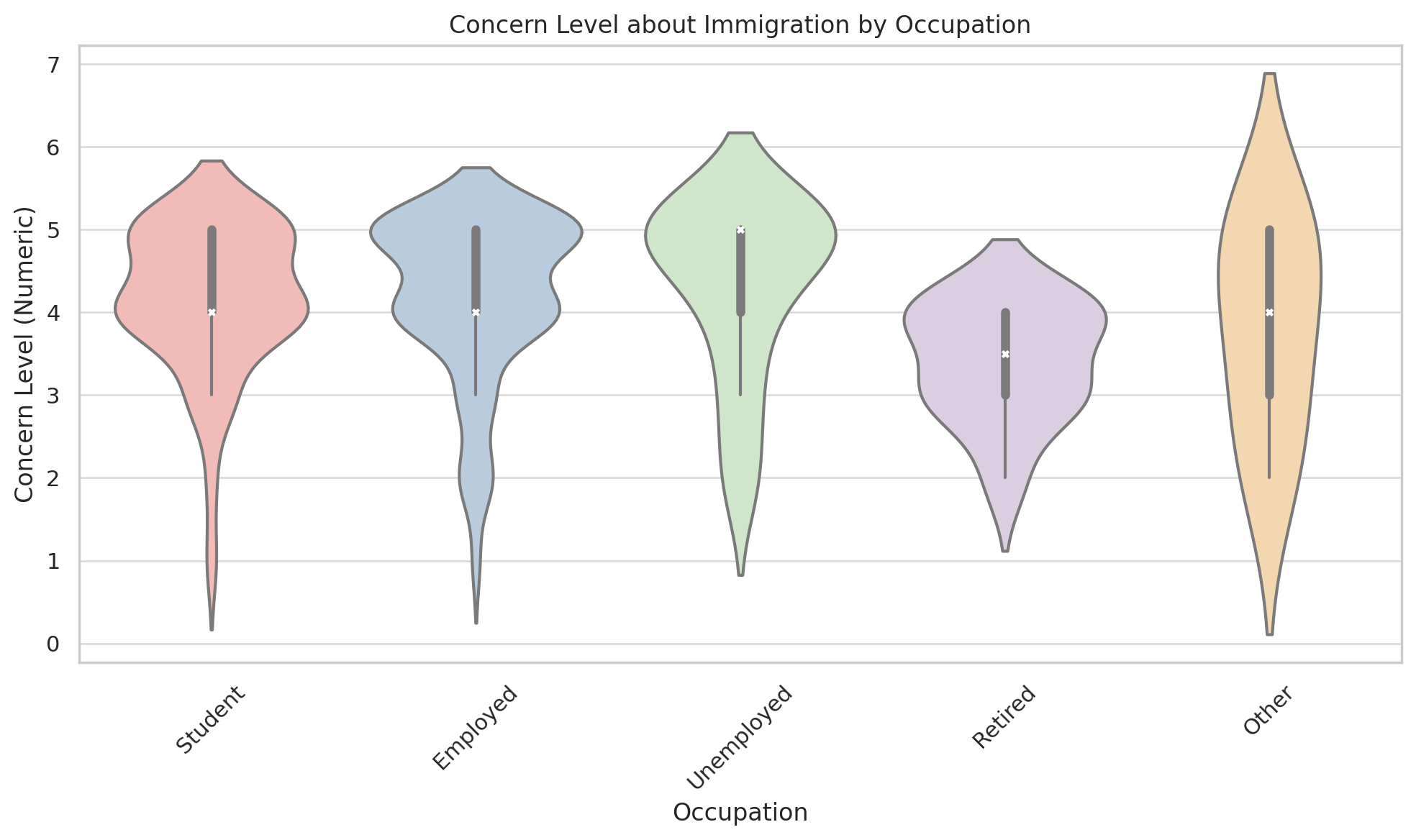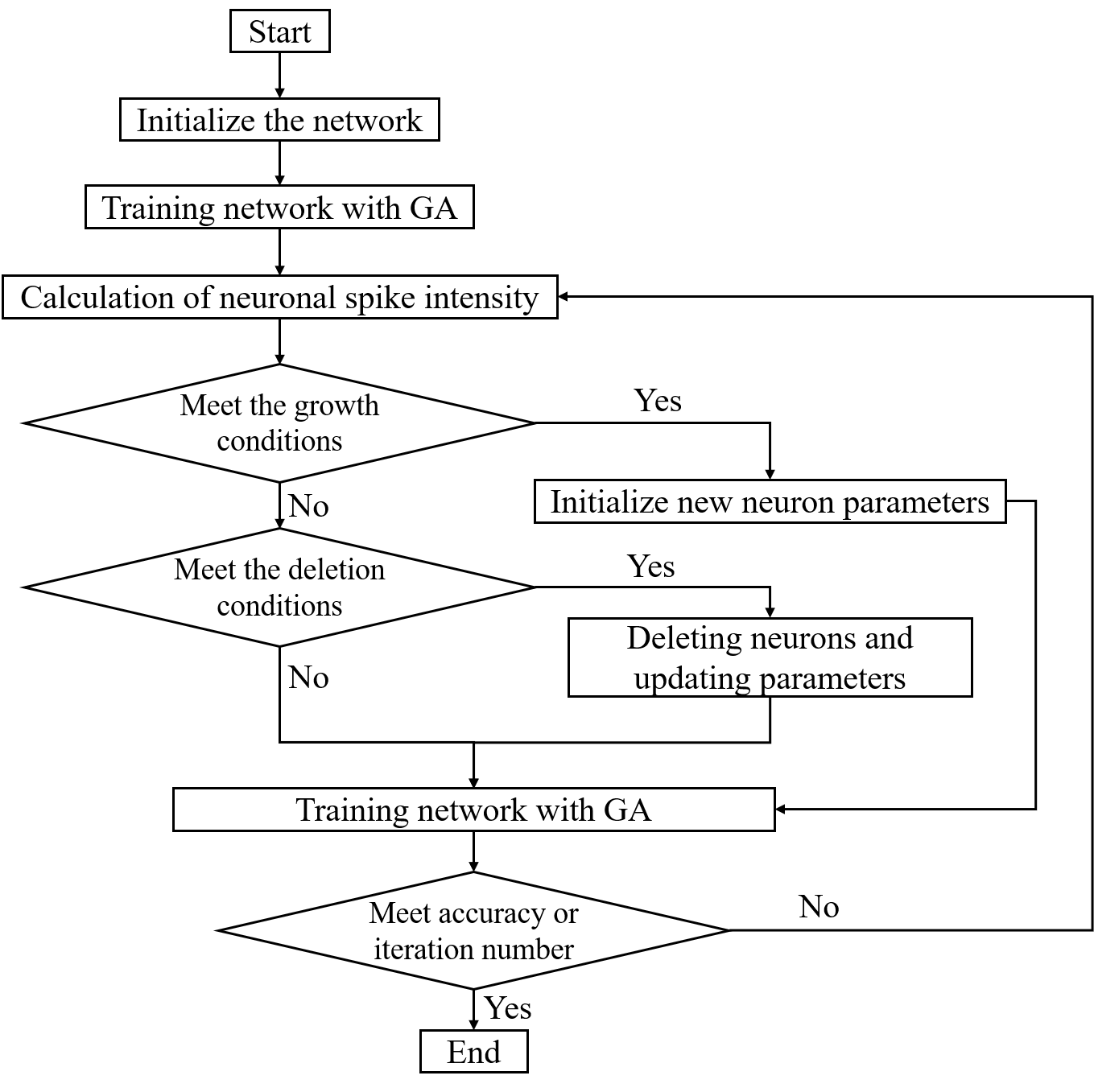 An open access journal
An open access journal
AI-Enabled Project-Based Learning and the Enhancement of Bilingual International Communication Efficiency in Sichuan
Abstract
This study explores the potential of AI-enabled project-based learning (PBL) in enhancing bilingual international communication in Sichuan. By utilizing AI tools, the proposed educational model provides students with real-time, personalized feedback, helping them improve their language fluency, pronunciation, and cultural adaptability in both Chinese and English. The study presents a PBL framework where students are tasked with creating a bilingual virtual tour for an international audience, focusing on the development of 21st-century skills such as collaboration, problem-solving, and critical thinking. The research highlights the scalability of AI-enabled PBL across different linguistic and cultural contexts, making it applicable not only in educational settings but also in professional fields such as diplomacy and international business. The findings emphasize the transformative potential of AI in language education, fostering both language proficiency and global communication skills, and call for future studies to implement and evaluate this model in real-world settings.
Share and Cite
Article Metrics
References
- Almulla, M. A. (2020). The effectiveness of the project-based learning (PBL) approach as a way to engage students in learning. Sage Open, 10(3), 2158244020938702. https://doi.org/10.1177/2158244020938702
- Kokotsaki, D., Menzies, V., & Wiggins, A. (2016). Project-based learning: A review of the literature. Improving Schools, 19(3), 267-277. https://doi.org/10.1177/1365480216659733
- Sumarni, W., Wardani, S., Sudarmin, S., & Gupitasari, D. N. (2016). Project-based learning (PBL) to improve psychomotoric skills: A classroom action research. Jurnal Pendidikan IPA Indonesia, 5(2), 157-163. https://doi.org/10.15294/jpii.v5i2.7406
- Benson, P. (2011). Language learning and teaching beyond the classroom: An introduction to the field. In Beyond the language classroom (pp. 7-16). London: Palgrave Macmillan UK.
- aad, A., & Zainudin, S. (2022). A review of project-based learning (PBL) and computational thinking (CT) in teaching and learning. Learning and Motivation, 78, 101802. https://doi.org/10.1016/j.lmot.2022.101802
- Purba, N., Sipayung, R. W., Rahmawati, R., Siagian, B. A., Herman, H., Saragi, C. N., & Fatmawati, E. (2024). An implementation of project-based learning (PBL) teaching model in improving early child's critical thinking skill. Library Progress International, 44(3), 90-96.
- Tirado-Morueta, R., Ceada-Garrido, Y., Barragán, A. J., Enrique, J. M., & Andujar, J. M. (2024). The association of self-determination with student engagement moderated by teacher scaffolding in a project-based learning (PBL) case. Educational Studies, 50(5), 806-827. https://doi.org/10.1080/03055698.2023.2213184
- Barron, B., & Darling-Hammond, L. (2008). Teaching for meaningful learning: A review of research on inquiry-based and cooperative learning. Book Excerpt. George Lucas Educational Foundation.
- Li, J., & Fung, H. (2020). Culture at work: European American and Taiwanese parental socialization of children’s learning. Applied Developmental Science, 25(1), 26-37. https://doi.org/10.1080/10888691.2019.1628301
- Hattie, J., & Timperley, H. (2007). The power of feedback. Review of Educational Research, 77(1), 81-112. https://doi.org/10.3102/003465430298487






